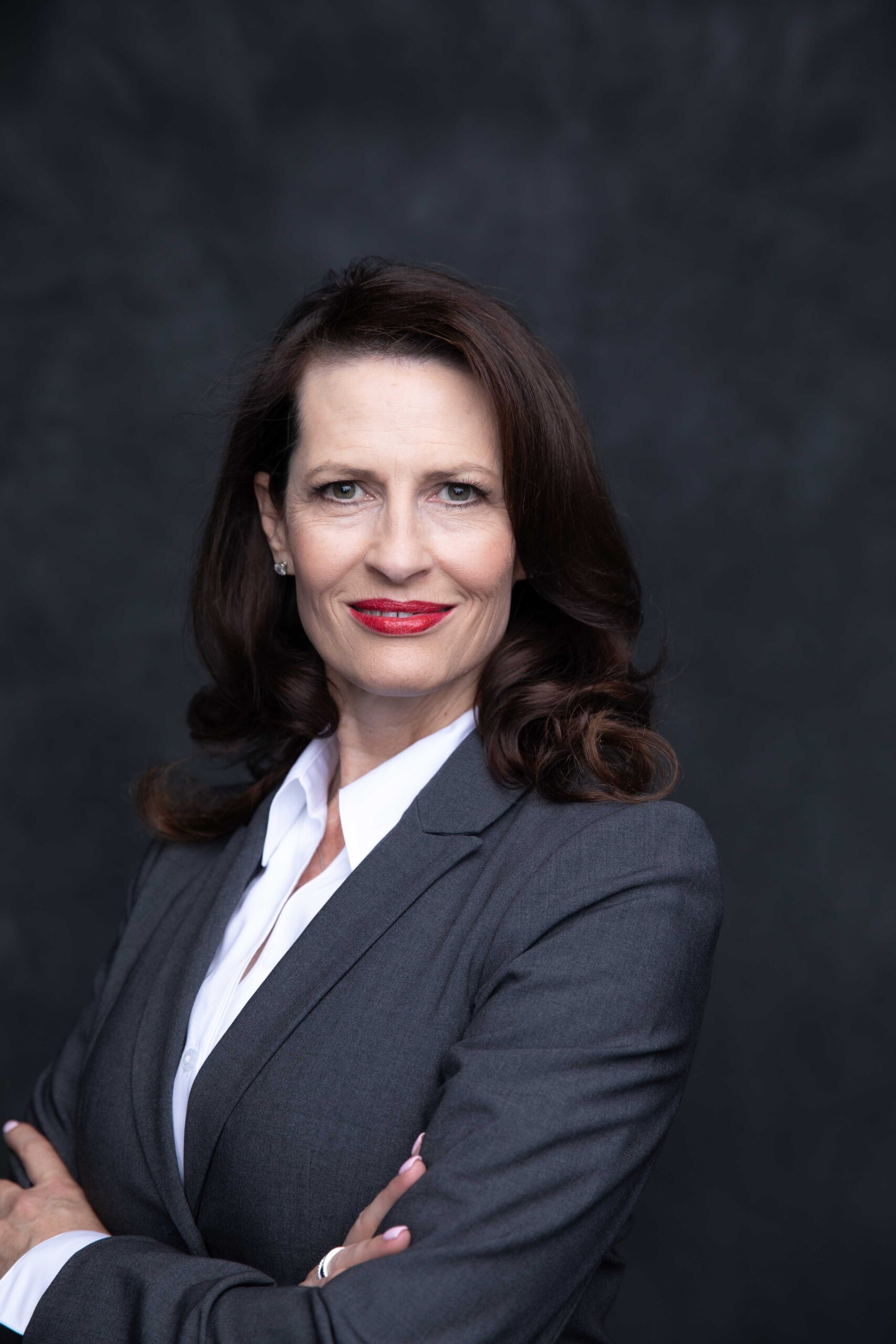Q&A with Lynly Leeper: The immediate value add the MPA program had on her career
Lynly Leeper, Chief Financial & Operational Officer for Ysleta Independent School District – one of the top 30 largest school districts in Texas – discusses her experience in the Master of Public Administration program online and how the degree helped her strengthen the necessary skills to excel in her professional career.
Q: What factors motivated you to further your education? Did something change in your career, work environment, or in your field?
A: The factors that motivated me to look at an MPA included the fact that I’d been in public administration with city government for years. After eight years at the city of El Paso, I actually made the move to education and became the CFO for Ysleta. School districts tend to place a particular emphasis on advanced degrees, so even though I was already a certified public accountant and could have easily completed a master’s in accounting, I opted instead to broaden my education by adding the MPA.
Q: How did you first hear about the MPA online and what drove you to pick USC’s Master of Public Administration online program over other graduate programs?
A: I first heard about USC’s Master of Public Administration online program when I was researching which programs were the highest ranked in the nation. And I was particularly interested in an executive level program that I could complete while still working full time. But, I also wanted the residency experience. So, at the end of all of the research I did, including looking at the U.S. News & World rankings and at other avenues for where people posted reviews, I came away with the fact that USC’s MPA program was far and away the best program in the United States.

Q: What were your outcome goals and desires going into the MPA online program?
A: My outcome goals and desires going into the USC program were very practical. Because I was working full-time in a demanding career, I wanted to graduate in the minimum amount of time necessary. I also wanted high grades and I wanted to be prepared to immediately add value in my career. I didn’t want to just add this level of advanced degree to my resume. I wanted it to provide value.
Q: Tell us about your experience in the MPA online, both the online modality and in-person residencies.
A: My experience with the MPA program, both the online and in-person residency were exceptional. I learned right away that the program would require organizational skills and commitment, but it was well worth the work and the time. I know sometimes online programs may get a bum rap, because they’re perceived as perhaps not being rigorous enough. But USC’s program is both demanding and rewarding. The in-person residency provided an opportunity to get to know other professionals and students who were passionate in their desire to give back by also pursuing a career in public administration.
Q: How did you balance the demands of study with your full-time job and other aspects of your life?
A: In order to balance the demands of work, career and my personal life, it really boiled down to being organized – developing a schedule, planning ahead for conflicts, not letting yourself get behind and just frankly doing the work.
Q: How was your interaction and experience with your professors? What about your fellow students? Do you keep in touch with any of them today?
A: In terms of interacting with my professors and the experience I had overall at USC, all of my professors were consummate professionals, especially in their areas of expertise. My fellow students ranged in profession from entrepreneurs to entry level public administrators, to seasoned professionals at the highest levels of government. And with regard to my capstone team, we still regularly share articles related to our specific project. So we stay in touch and check on each other frequently. And we use each other as a resource when we’re dealing with particular subjects that may be outside our areas of expertise.
Q: Can you tell us about what your capstone experience was like? Your projects, what client you worked for, and what your takeaways from the capstone were?
A: Our capstone experience involved an assessment of the California Department of Corrections (CDR) and Rehabilitation’s effort to reduce the prison population by decreasing recidivism. The prisons were significantly overcrowded and they were ordered by the Supreme court in 2011 to reduce the prison population. So we specifically looked at the efficacy of CDCR’s existing programs, on reducing the population through a decrease in recidivism. Our particular project was especially challenging, because we worked for a consultant to CDCR, not CDCR themselves. So we didn’t exactly have direct access to the entity we were studying, which made it somewhat more challenging. And my takeaway really was realizing that some problems are just so big, they aren’t immediately solvable, so step away, regroup, re-attack. Even if you’re only able to offer solutions in increments, at least then you’re making progress in the right direction and reducing the magnitude of the initial problem, making it less difficult for either myself or someone else to continue working towards a complete resolution.